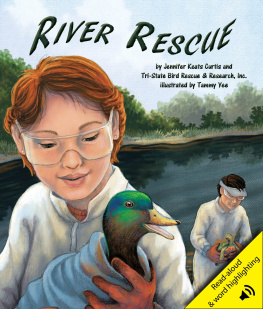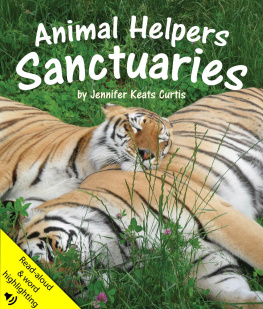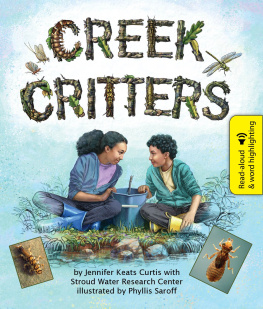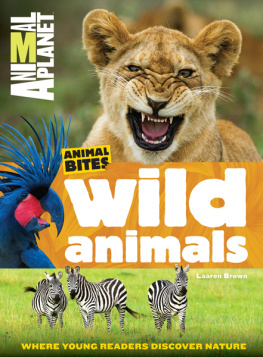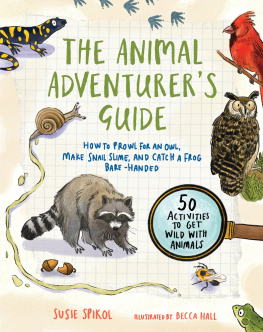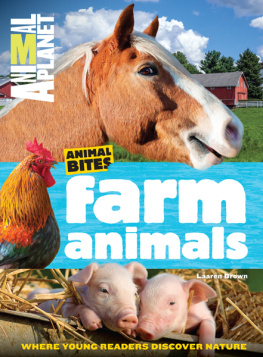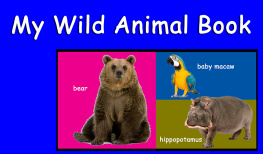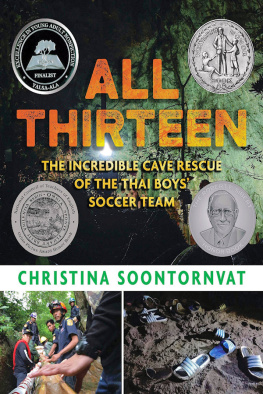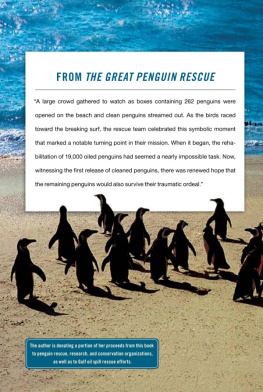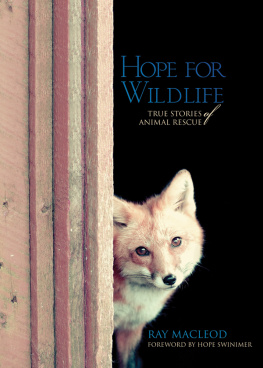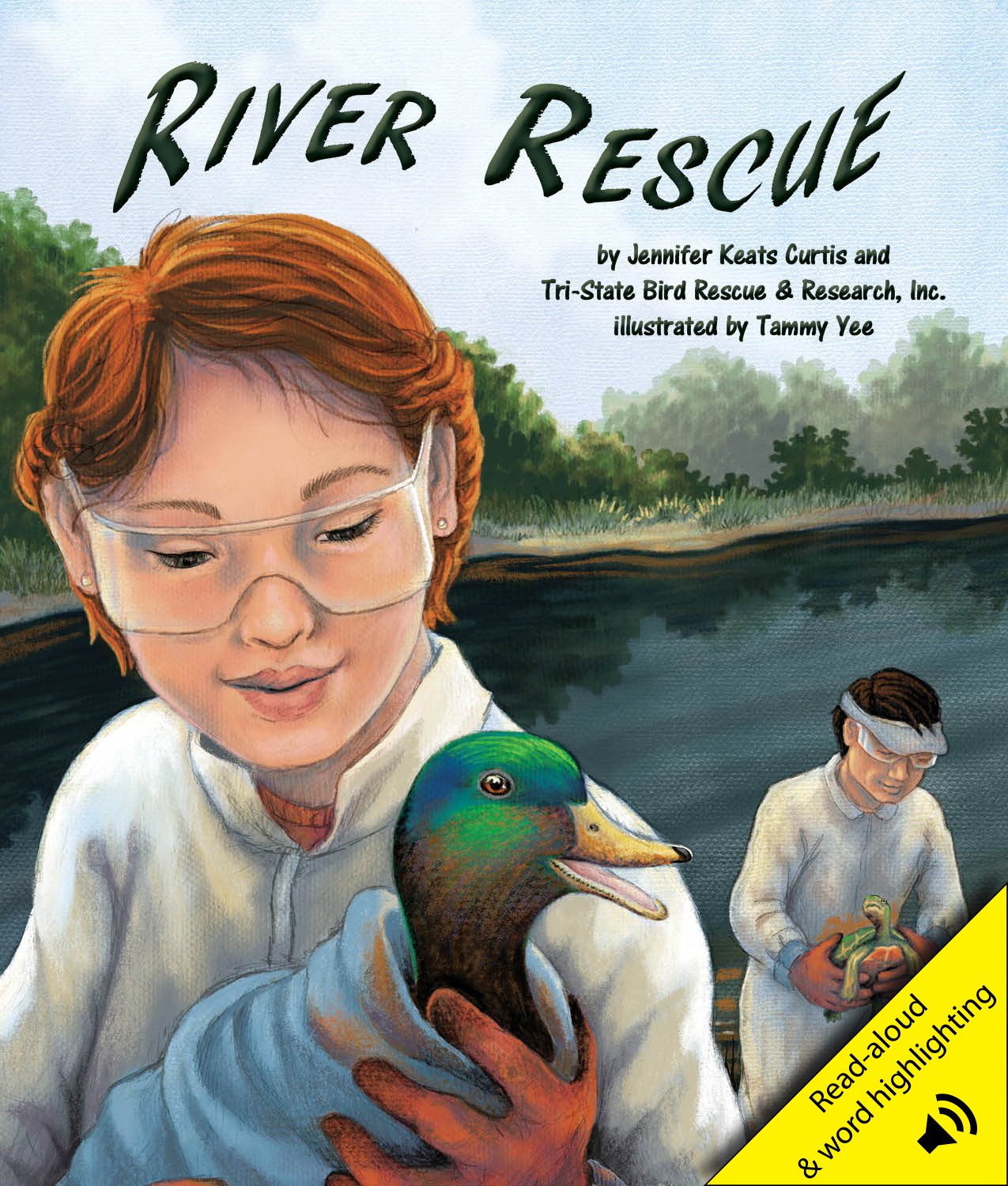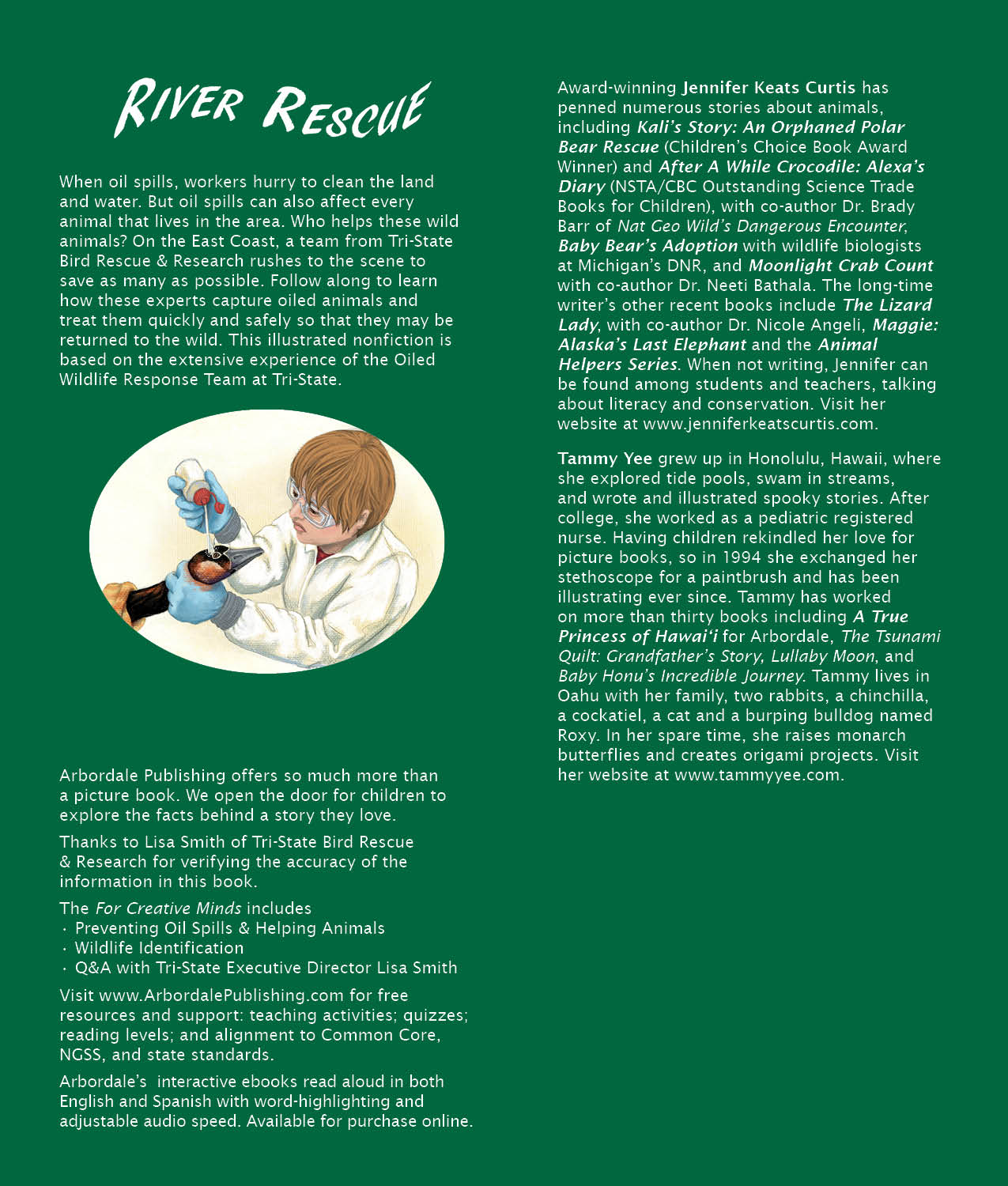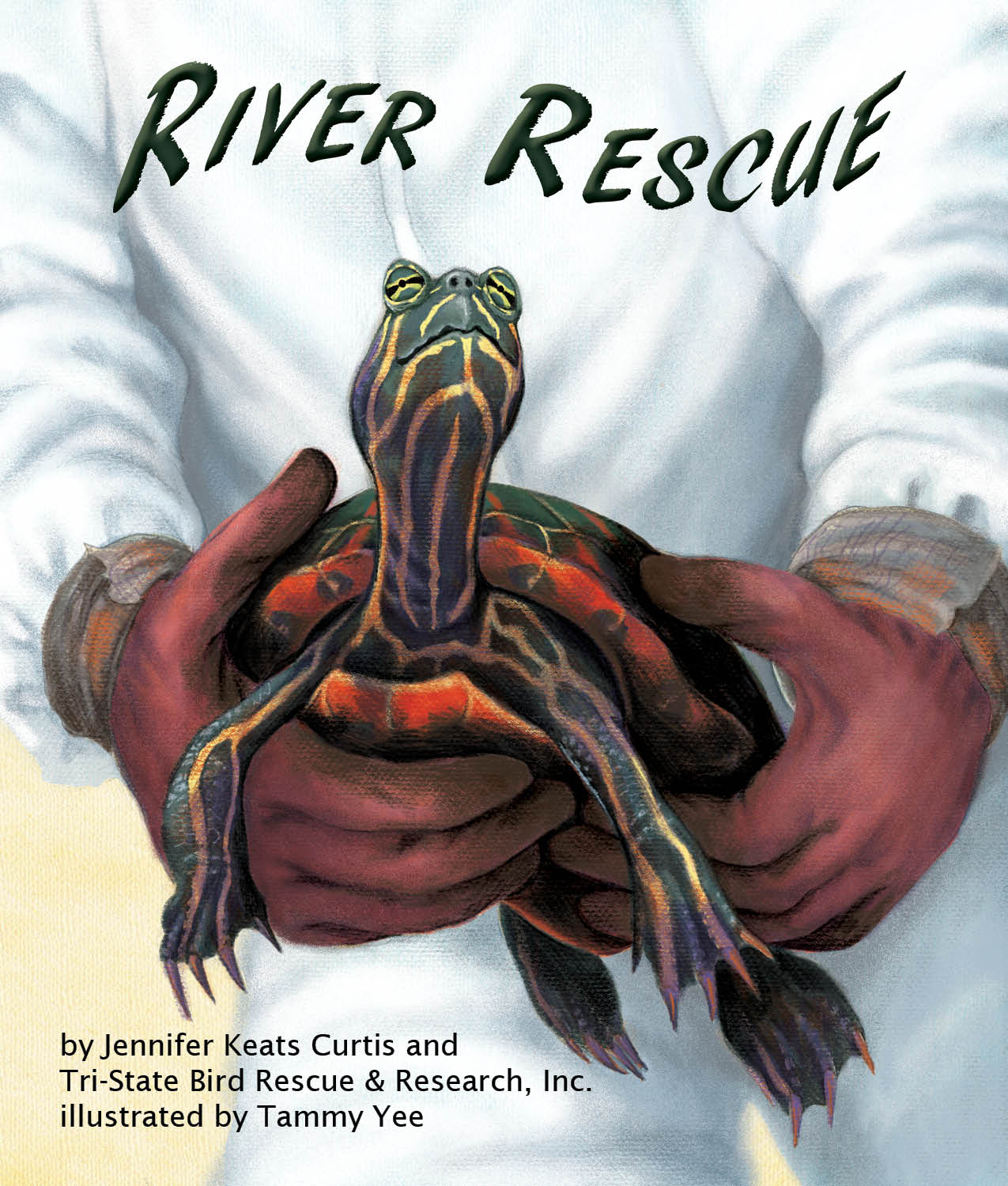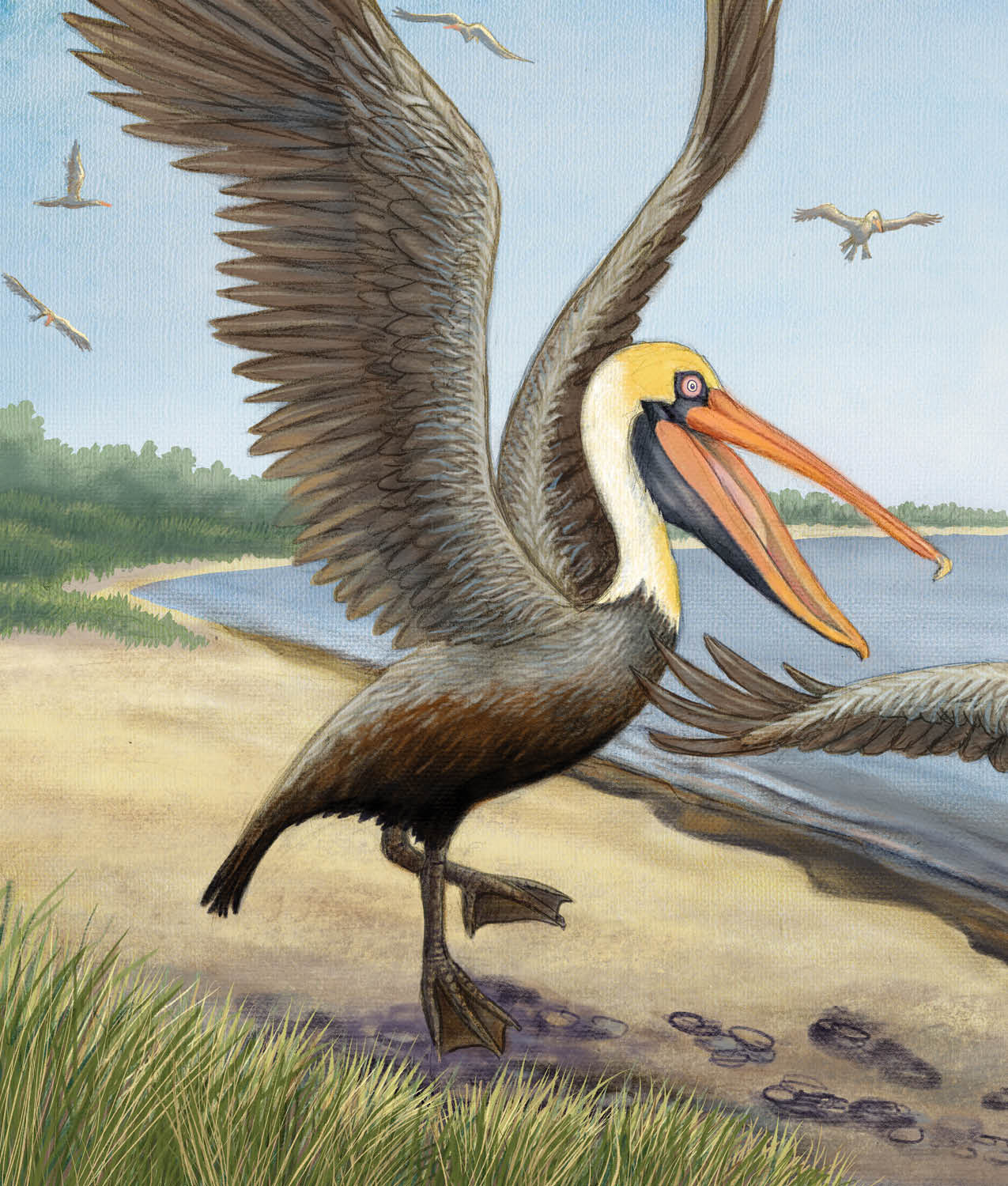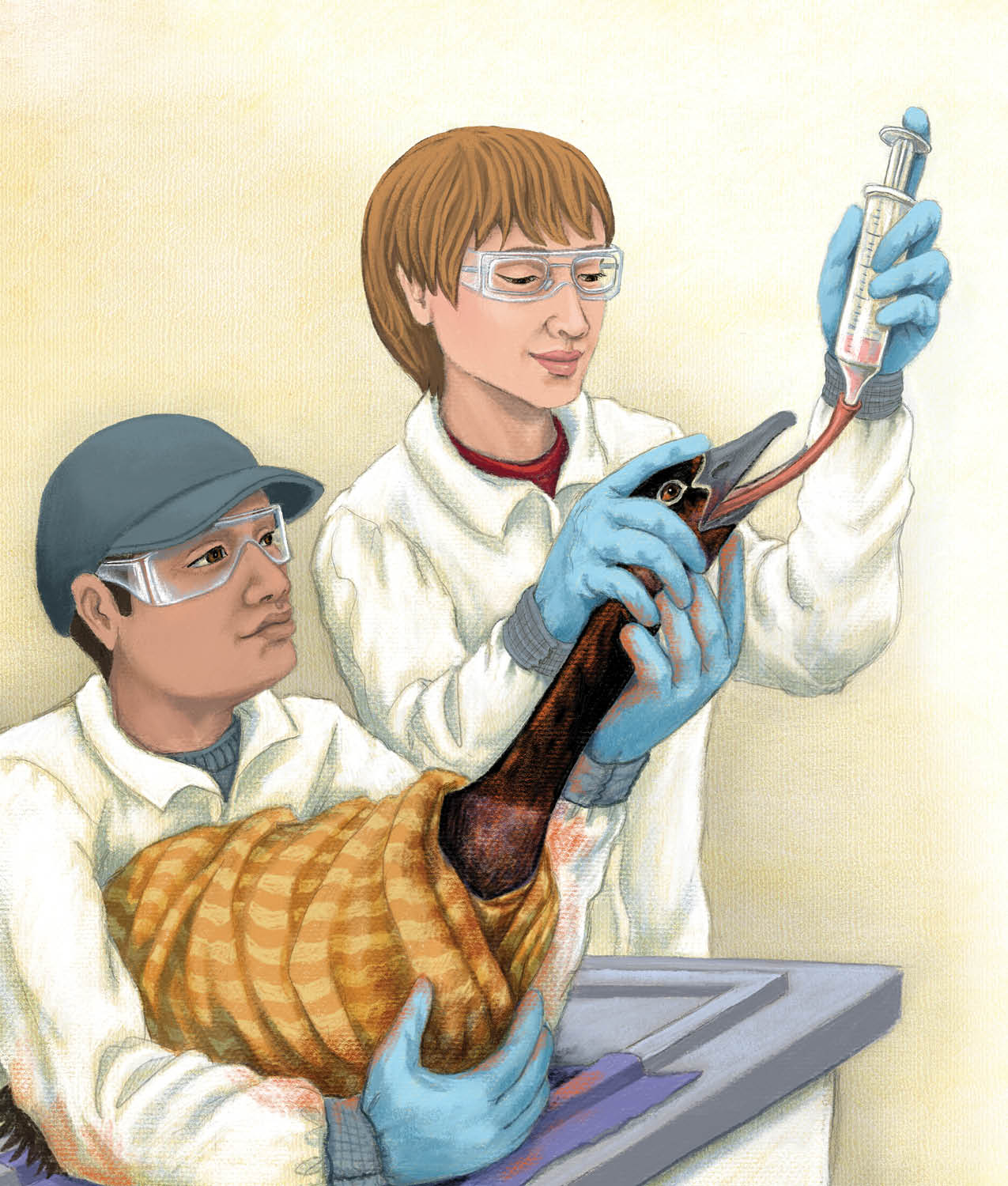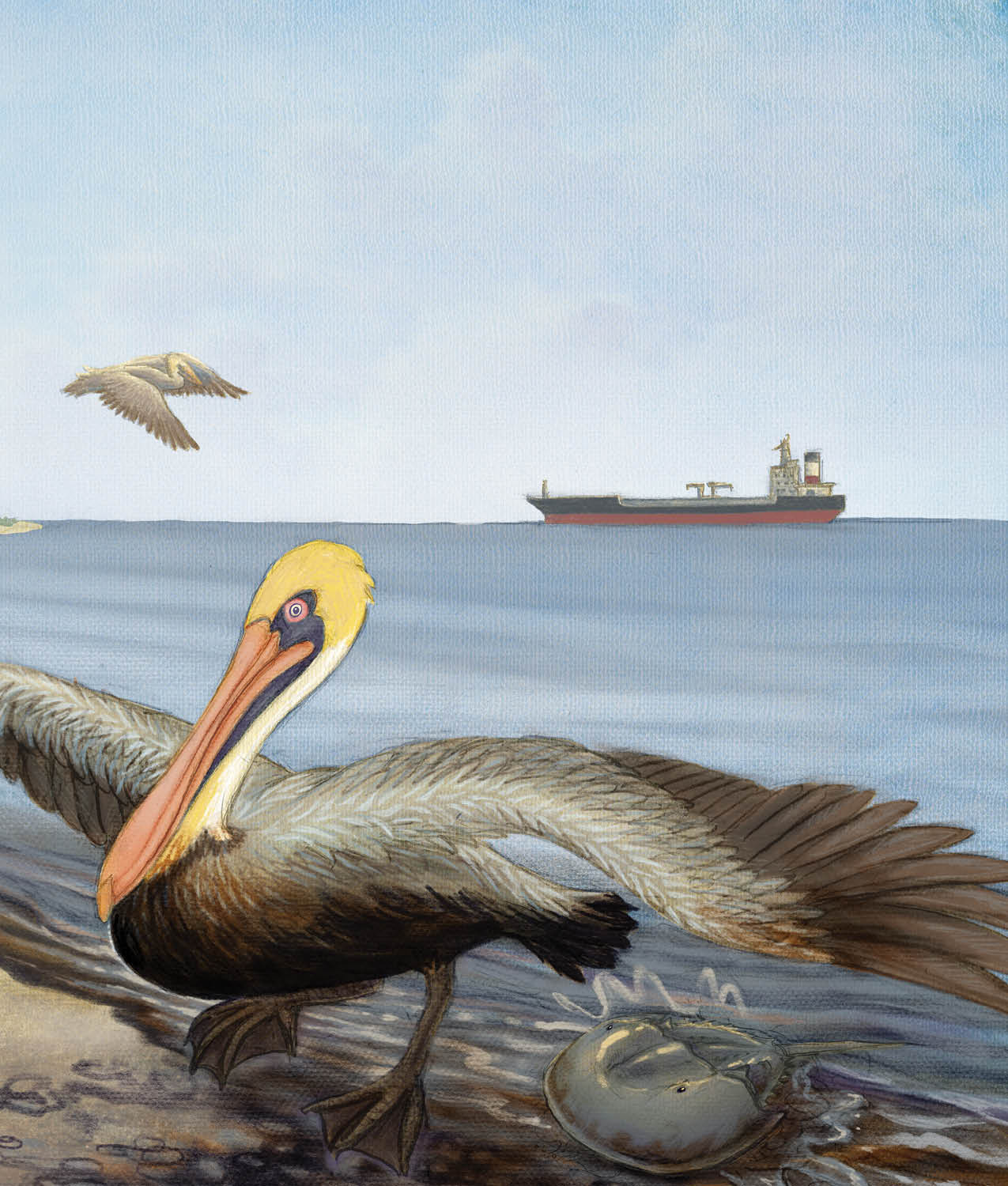
On shore , two big pelicans hop rather than fly . See how black their bellies are ? They are covered with oil . They cannot fly , and they cannot swim .
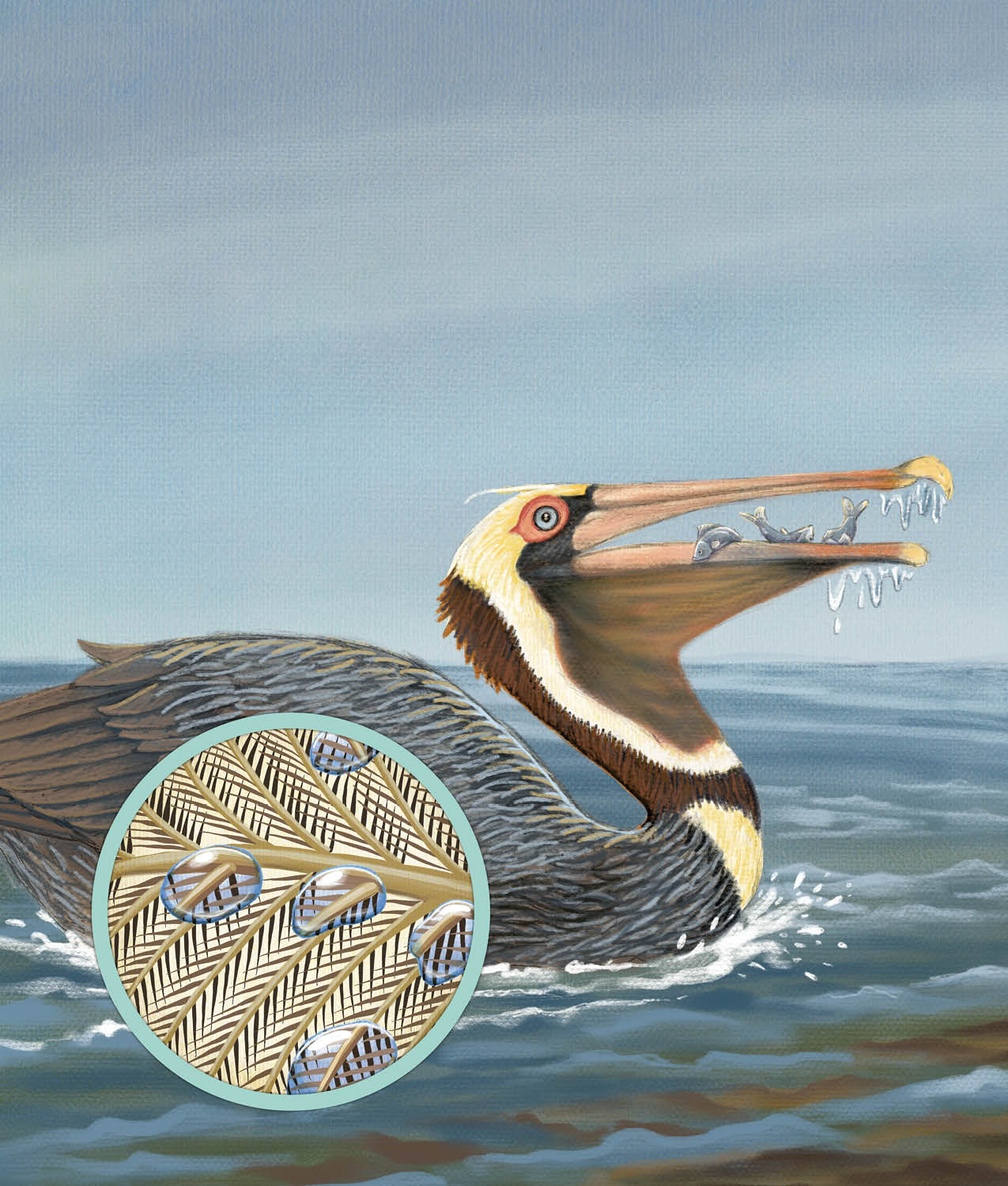
Water birds like pelicans , swans , herons , ducks , and geese have special feathers that lock together like Velcro to create a waterproof drysuit . A drysuit is a protective suit worn by people working or playing in cold water . The suit keeps water out and the wearer warm and dry .
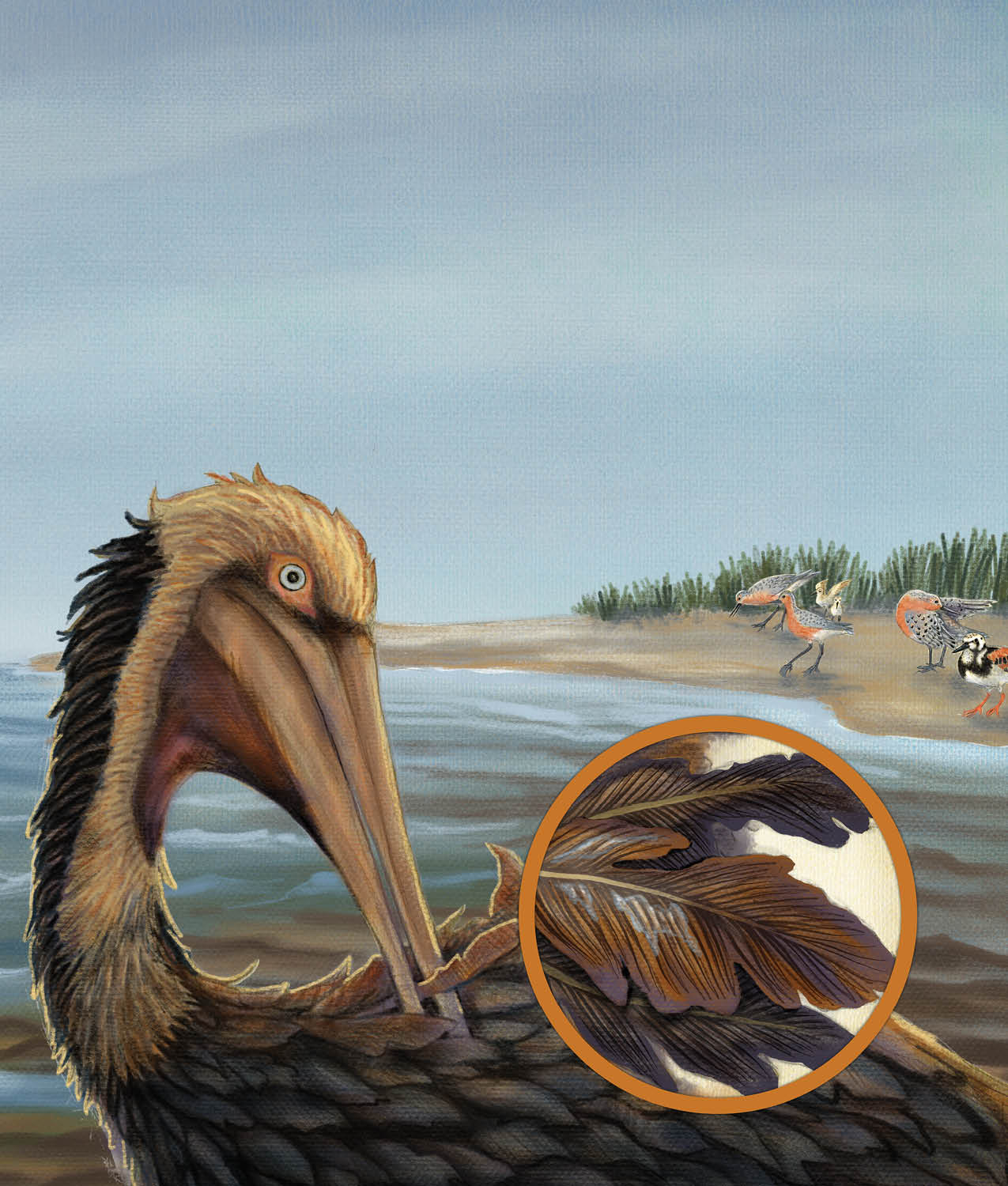
Droplets of water bead up and roll off the feathery drysuit . Without waterproofing , water penetrates that layer . The pelicans become cold and wet . They cannot get off the ground , and they cannot float . When they use their beaks to preen clean and straighten their feathers they will swallow the oil on their feathers . This can make them sick .

Oil spills affect many animals , not just pelicans . Everything that lives in and near the water salamanders , crayfish , frogs , newts , turtles , dragonflies , and horseshoe crabs can become coated with oil . Like birds , they too can become sick . They may die .

Sometimes oil spills are huge , but it doesn't take much oil to affect water and animals . Think about how one drop of oil on the water quickly spreads over a large surface . And , it's not just oil that spills from ships or energy plants that can affect animals . Diesel fuel , gasoline , jet fuel , and even cooking oil can leak into the environment and hurt wildlife . Workers rush to the scene to clean the water and shoreline . Who cleans the animals ?
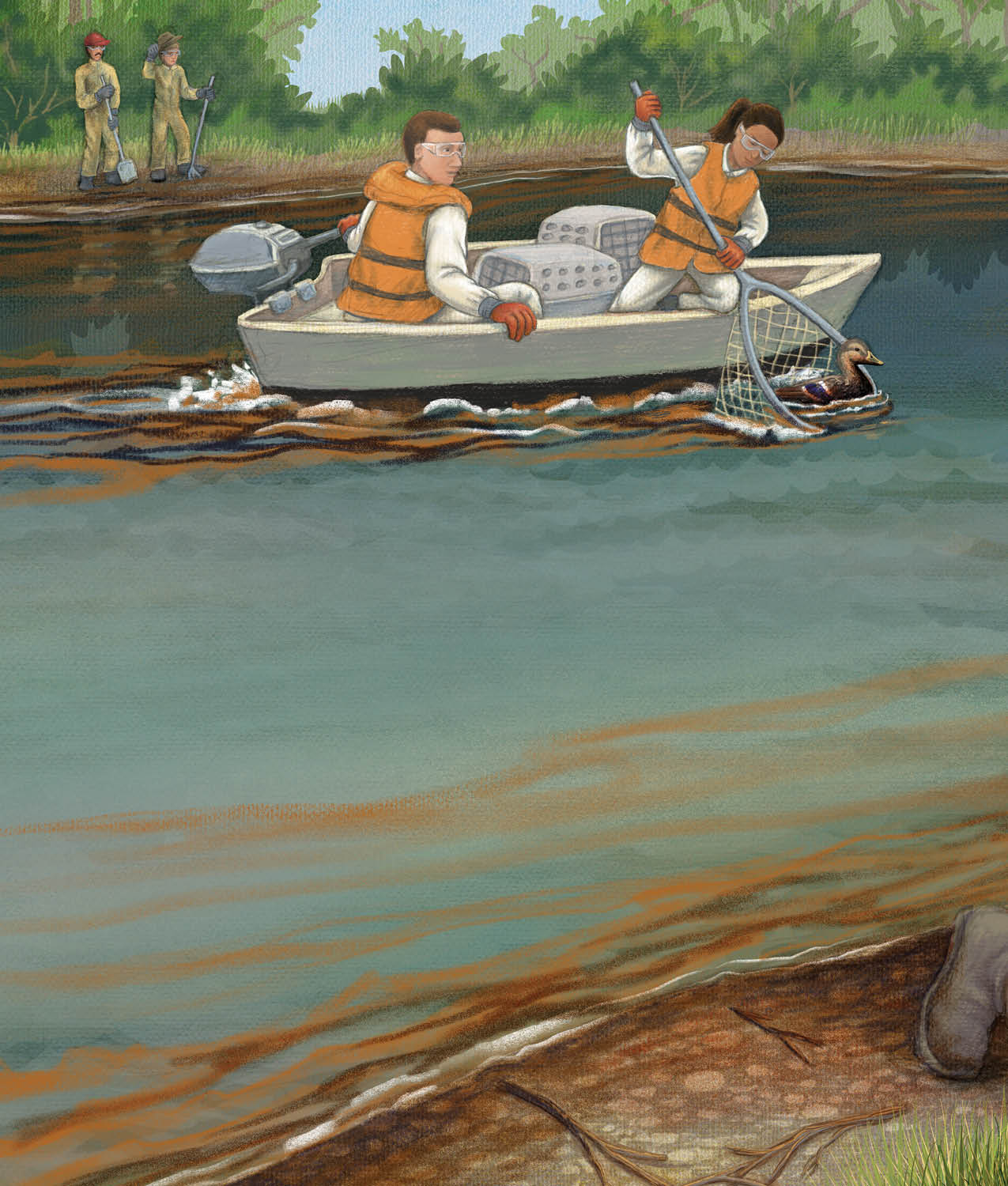
We do . We are the Oiled Wildlife Response Team at Tri-State Bird Rescue & Research in Delaware . Only a few organizations in the United States can save these animals . Tri-State is the only experienced team on the East Coast . When we get a call to help , we rush to the scene . We pick up as many oiled animals as we can , capturing some with nets .
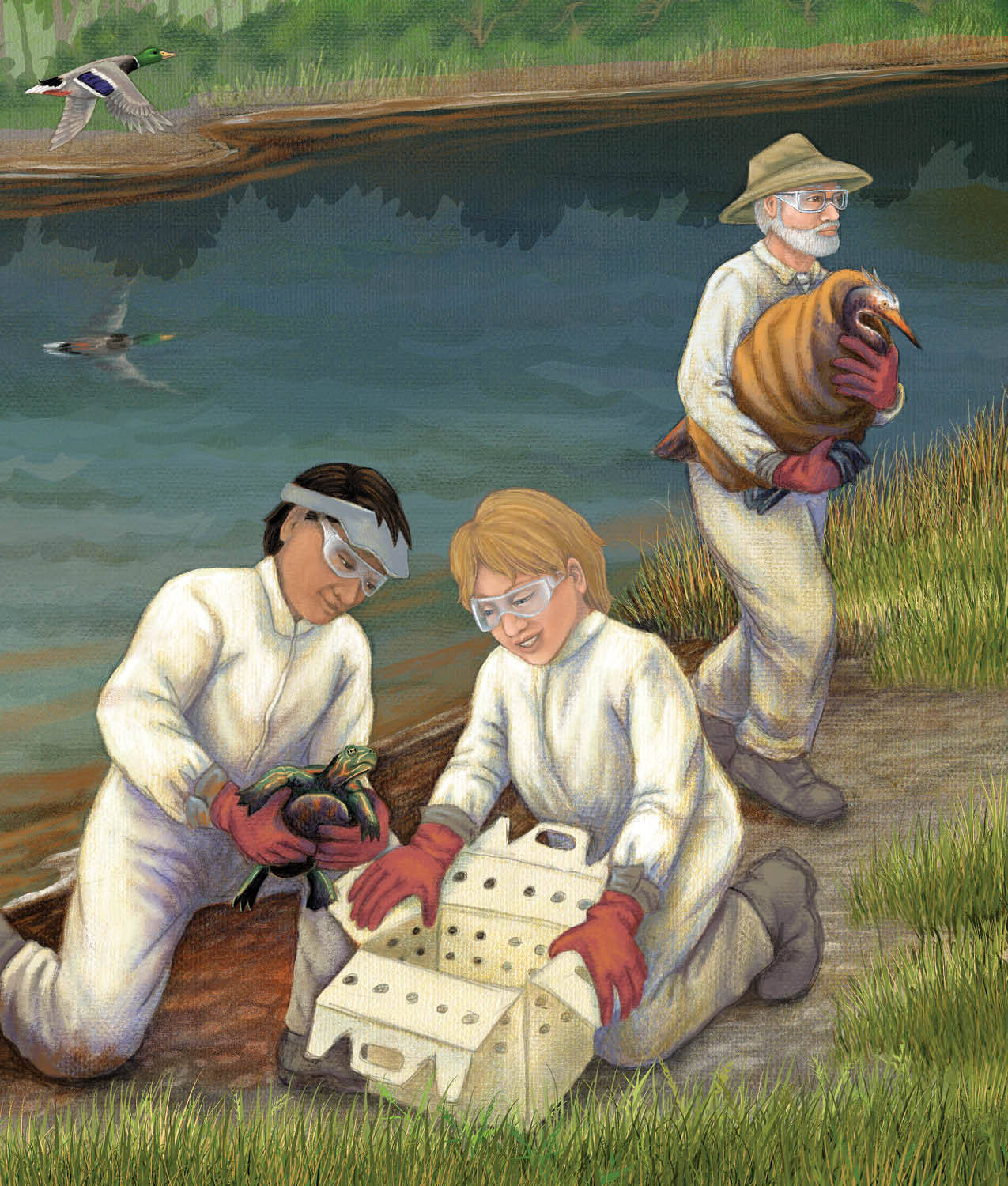

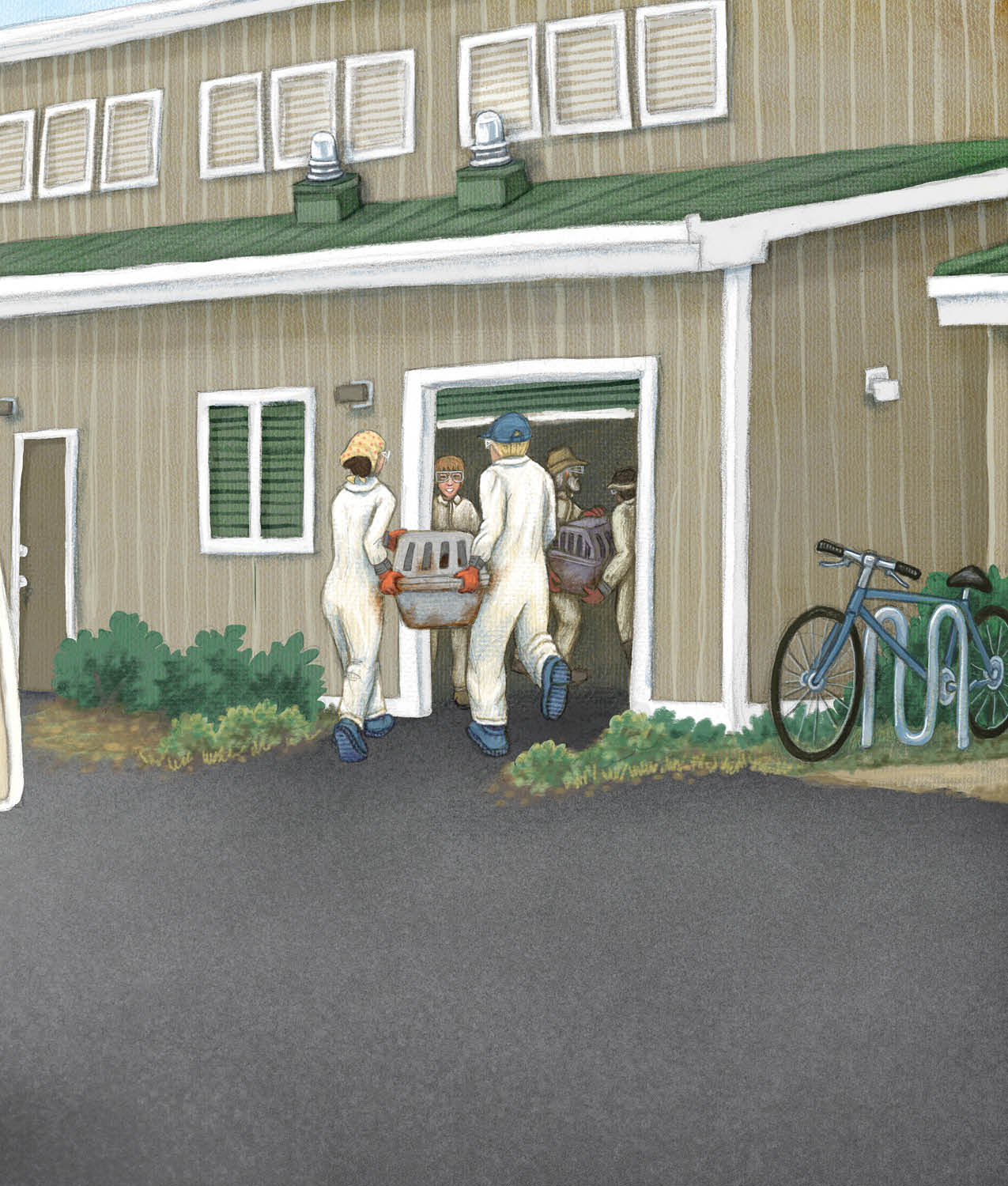
We drive them to Tri-State so that we can treat them as quickly as possible . In our Emergency Room , vets and assistants examine the animals to determine how sick they are and the best ways to take care of them . Oil can be dangerous for people too , so we wear suits and gloves to protect ourselves .
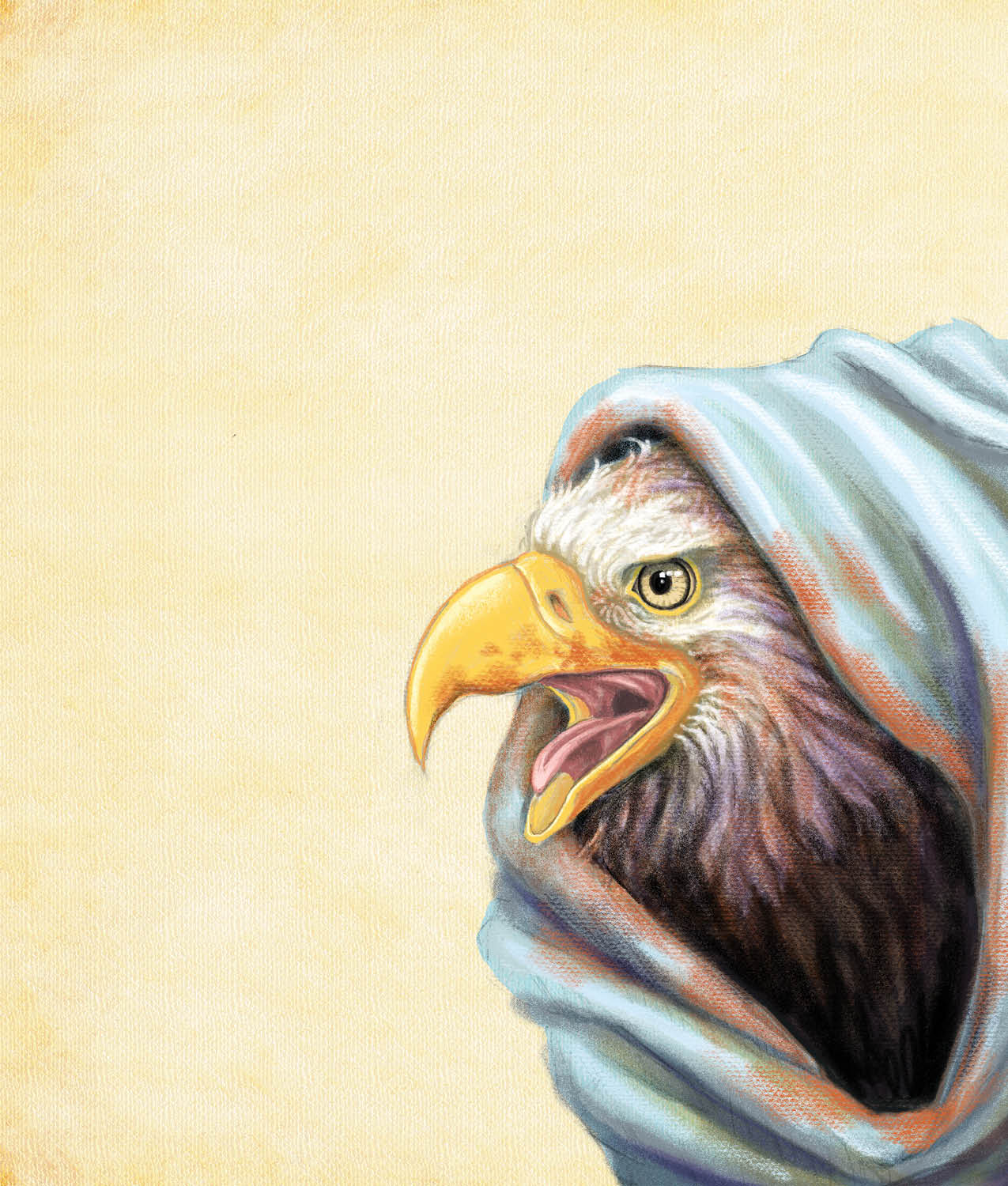
These are wild animals , and they don't want to be here . They don't feel well and are probably afraid of people .
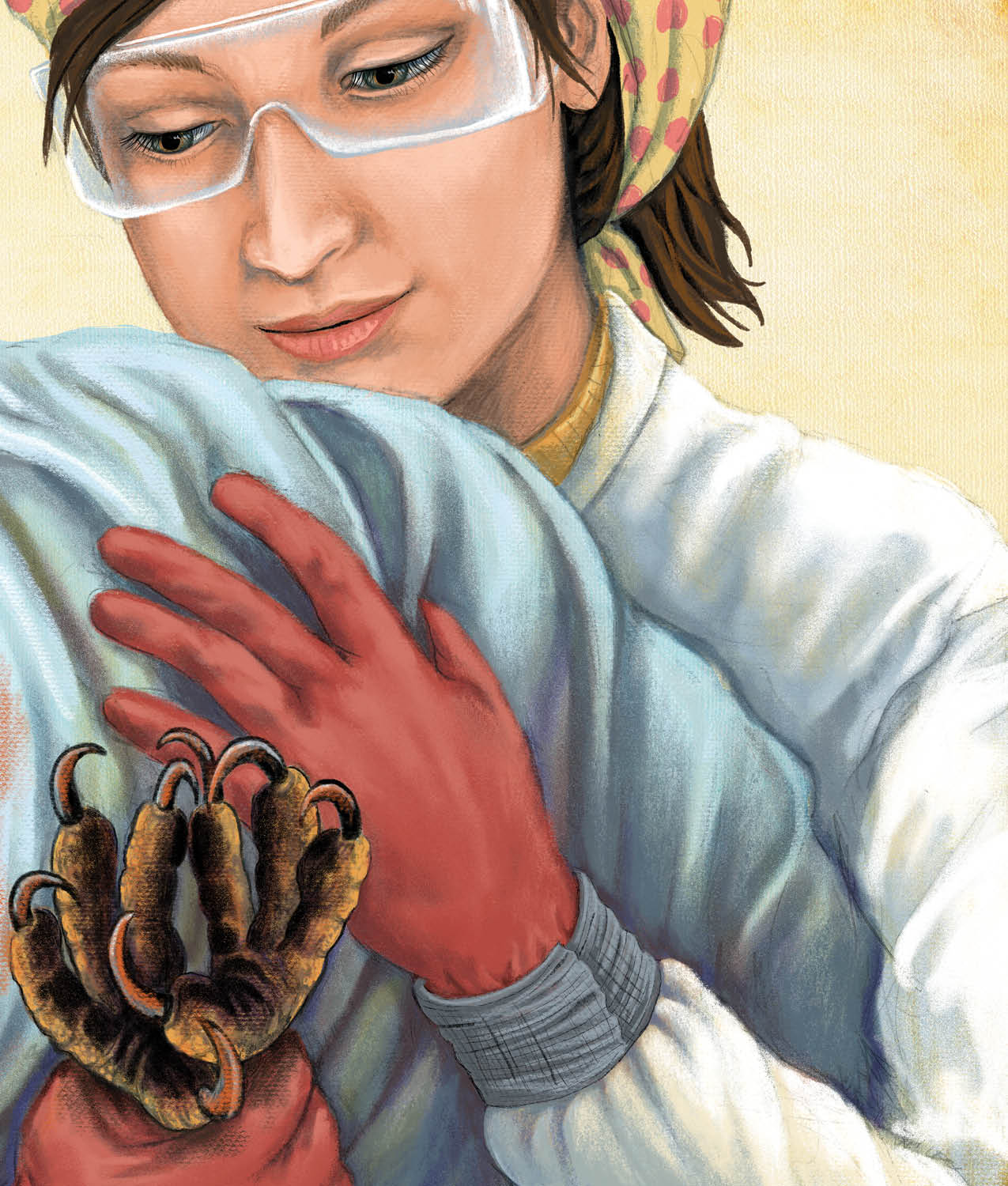
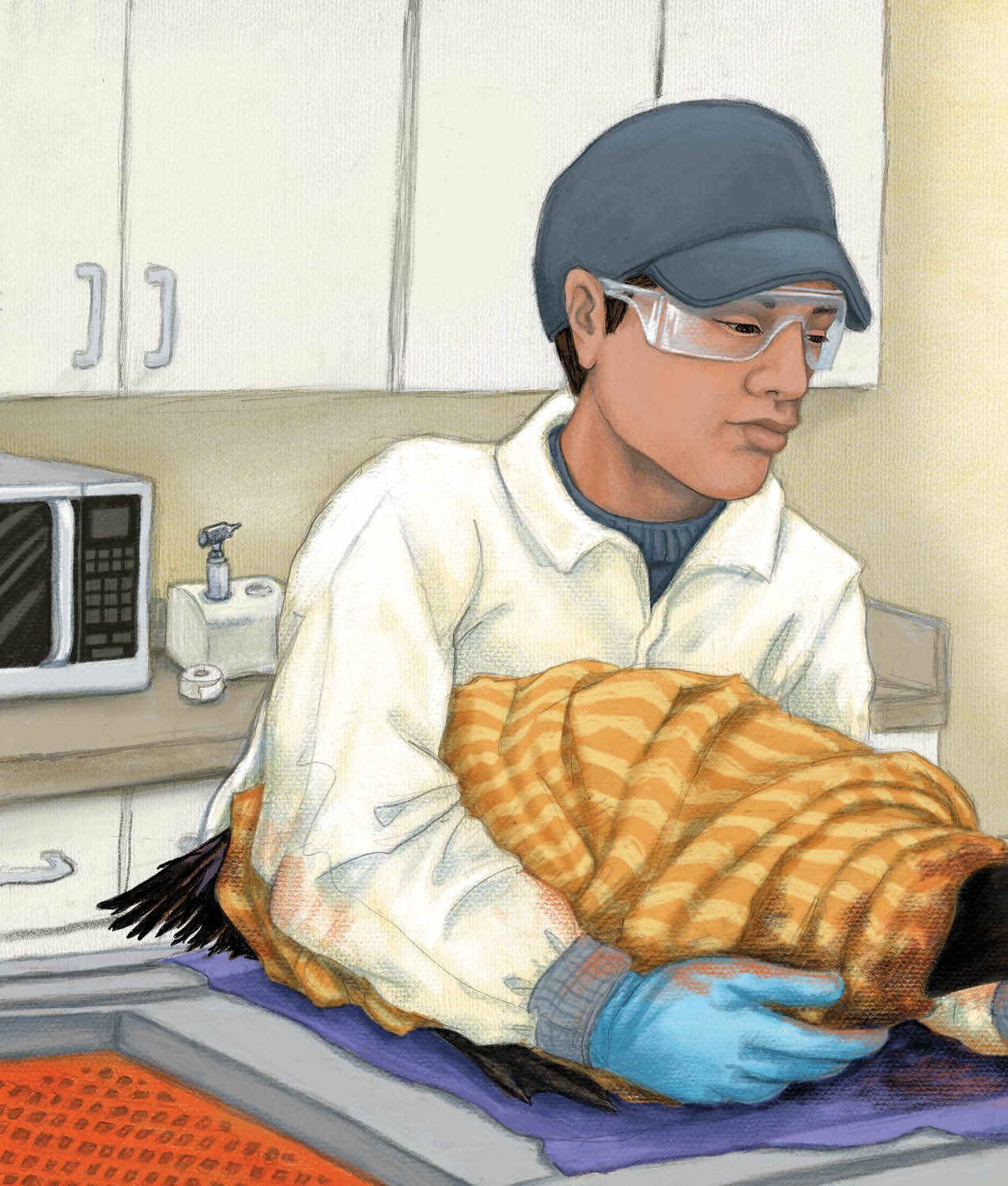

When an animal arrives , we carefully examine him . What kind of animal is he ? How old is he ? Is he active and alert or tired and weak ? What kind of oil is on him ? Is it all over him or just in spots ? We carefully check all parts of his body , including the inside of his mouth . We check his breathing . Is it slow or fast ? Is he wheezing ?
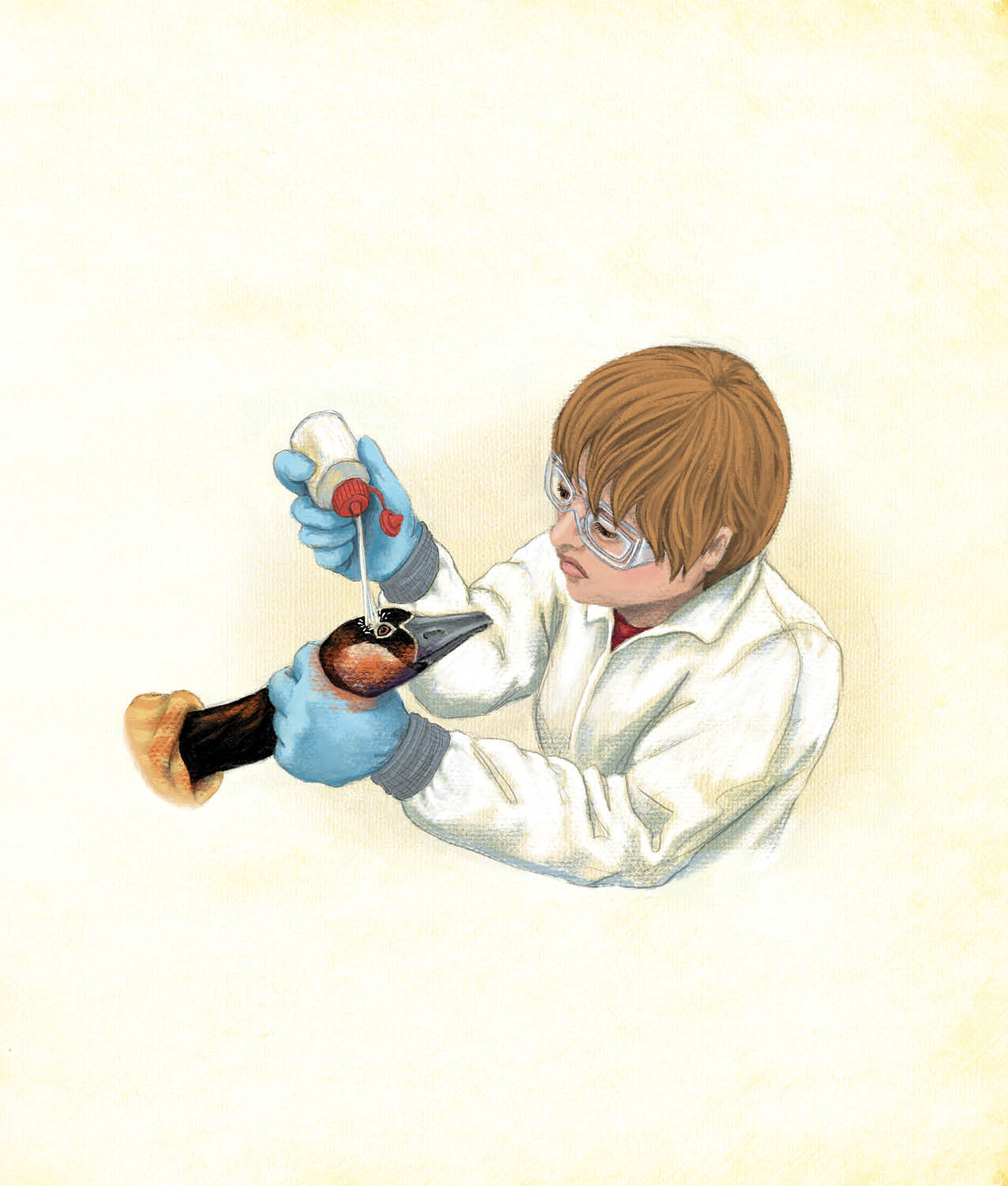
After the exam , we decide how to treat him . We might gently slide a tube into his stomach to give him clear fluids and medicine to protect his insides from the oil .
We flush his eyes and clean his mouth and nostrils . We make sure the animals we are caring for are warm in the winter and cool in the summer . If they become too hot or too cold , they could die .
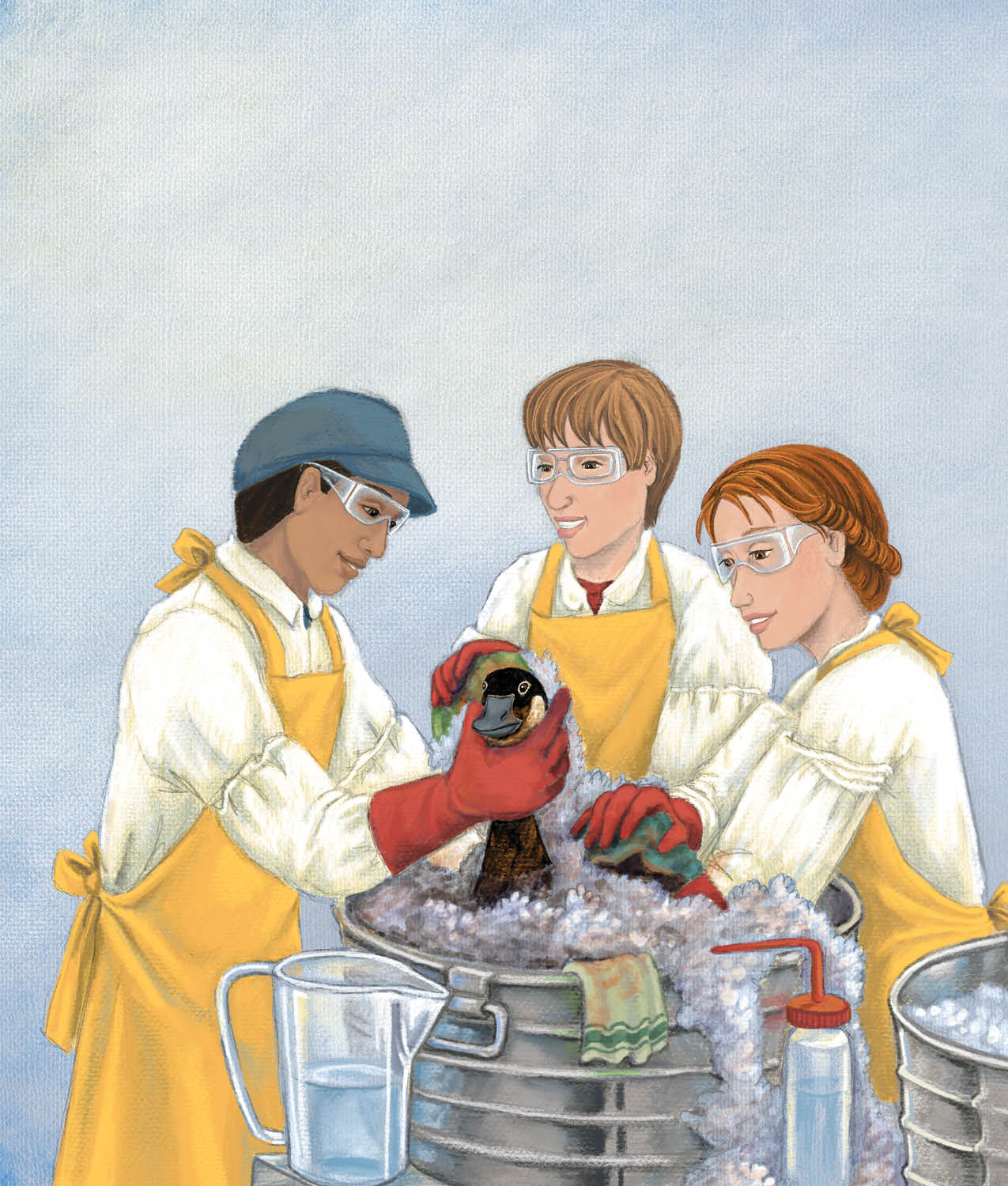
The only way to help is to get the oil off . To do this , we have to wash and rinse them . Washing and rinsing can take a long time and requires many helpers . We may have to use six tubs , each with a different amount of detergent in the tub .
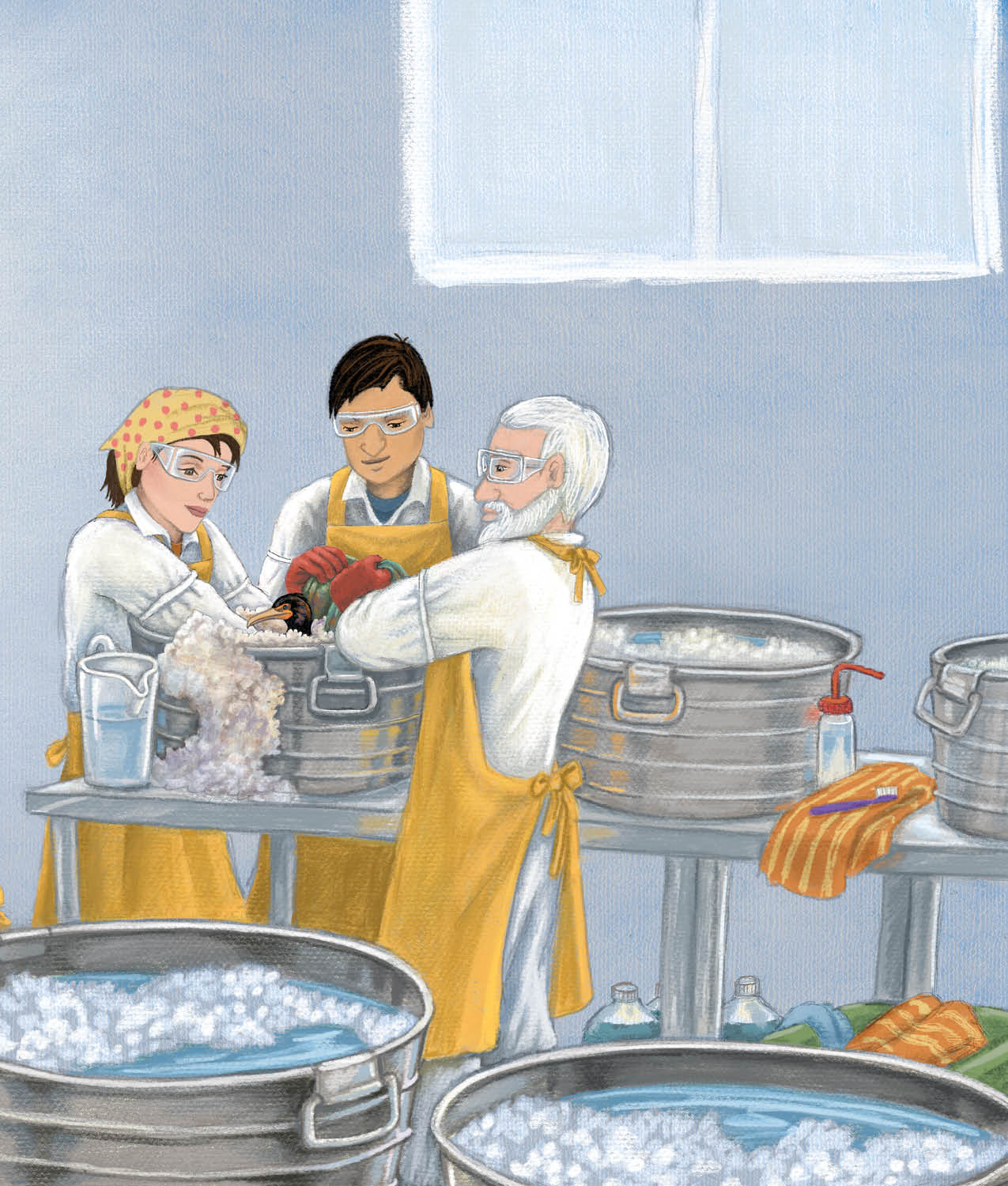
With birds , we move them from tub to tub until all the oil comes off . We use gentle tools , like soft toothbrushes and cotton swabs , to help remove the oil . Birds normal body temperature is 104F ( 40C ) so we wash and rinse them in water heated to that temperature .
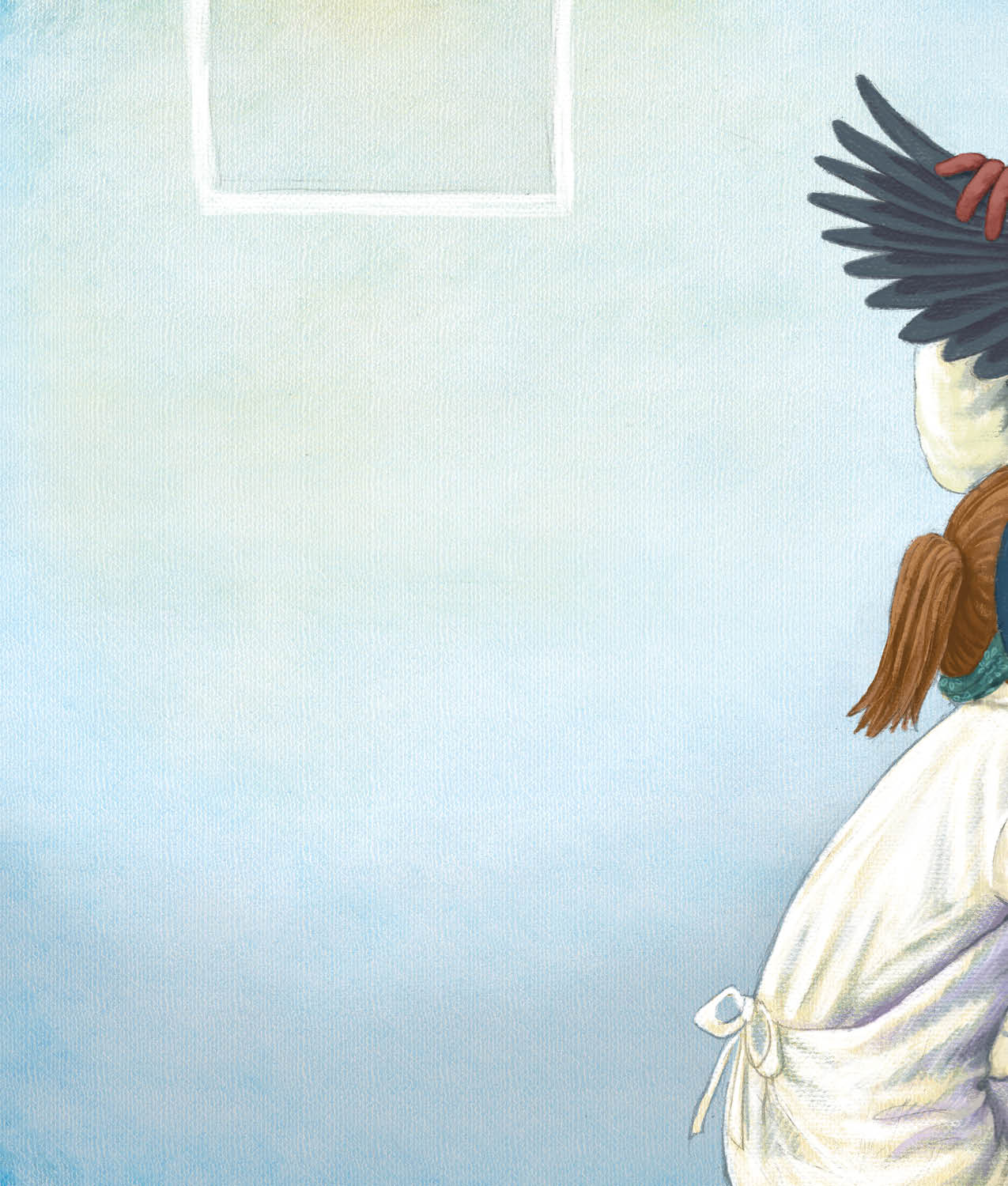
In many cases , it takes two or three people to handle the bird for minutes or more of washing . One holds the bird and one or two wash him , making sure soap does not get into his eyes or mouth . Another group rinses the bird . That can take another minutes or longer . We try to get the oil off in one wash and rinse . When water beads up and rolls off the bird's feathers , we know he is clean and his waterproofing process can begin . We then dry him with heat lamps and blowers , just like those used to dry dogs and cats . It can take up to two hours for the bird to dry , depending on how thick his feathers are and if he is preening .

